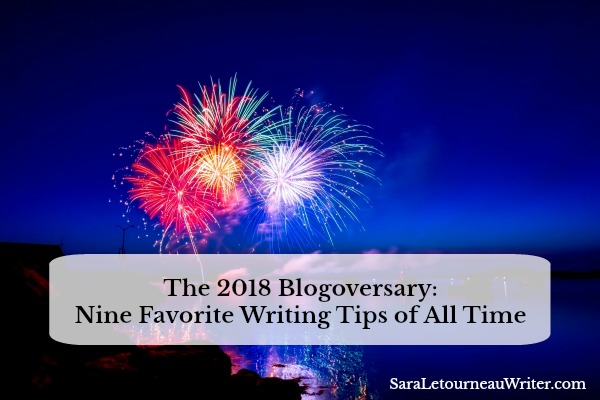
This was such a fun interview! I recently spoke with Rachael Dubinsky on her Wicked Writers podcast, which features a wide range of Massachusetts-based writers and explores why they love what they do. We talked about poetry, my work as an editor and writing coach, and the importance of finding inspiration everywhere. Plus, I share one of my favorite tips for writers and read “Origin Story,” one of my poems.
Click here to listen to my interview on Wicked Writers. Hope you enjoy it!







